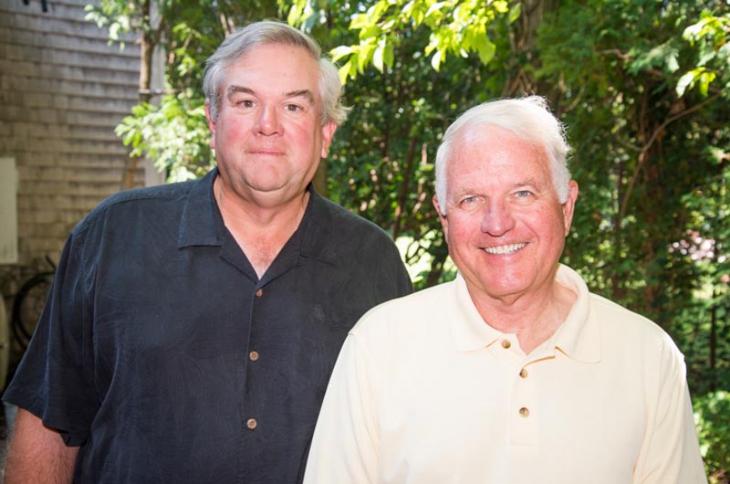Home
Focus Areas
About Us
Funding for Mentoring Programs
Positive youth development research has long demonstrated that youth benefit from close, caring relationships with adults who serve as positive role models. Today, 8.5 million youth continue to lack supportive, sustained relationships with caring adults. Mentoring - which matches youth with responsible, caring mentors, usually adults - has been growing in popularity as both a prevention and intervention strategy over the past decades.
Mentoring provides youth with mentors who can develop an emotional bond with the mentee, have greater experience than the mentee, and can provide support, guidance, and opportunities to help youth succeed in life and meet their goals. Mentoring relationships can be formal or informal with substantial variation, but the essential components include creating caring, empathetic, consistent, and long-lasting relationships, often with some combination of role modeling, teaching, and advising.
Source: youth.gov
Foundation and philanthropic support for mentoring programs from around the Web.
The third annual Honors Banquet commemorated excellence in academics, leadership and innovation among Graduate School students and faculty.The banquet was held to honor and reflect on remarkable...more
Nearly 20 Mississippi State faculty members are now better equipped to guide their departments, mentor peers, and contribute to institutional growth as graduates of the university's 2024 25 Faculty...more
Miami Music Project has provided tuition-free, after-school music education to more than 33,000 students across 60 zip codes in Miami-Dade County.The organization serves more than 860 students across...more
Qatar Research, Development, and Innovation (QRDI) Council supports biomedical research.Council's strategic role in enabling translational research that bridges academic innovation and real-world...more
Jovelyn Castellanos is a woman to watch in the world of health innovation.She runs the Women in Science and Health Care Network (or WISH) to increase female entrepreneurship in STEM and health...more
Students will spend four out of five of their years on campus and the final year in Cleveland pursuing an immersive arts internship.Faculty mentors will help students develop an independent project...more
Inaugural cohort of Global Futures Impact Scholars receive mentorship and up to $5,000 to fund a student-led experience.Students divided into four teams to work on smaller projects that help them...more
The Project Fibonacci Foundation is a dynamic organization dedicated to transforming education and opening doors to innovative opportunities for young minds.By investing in inspiring speakers,...more
Richard Parker visited Colebridge Trust in Fordbridge to see first hand how it helps those who face challenges in the job market.Trust has helped 500 people living in North Solihull and East...more
Cronkite School of Journalism and Mass Communication traces its roots to 1949.Dean Batts likens Cronkite to a "teaching hospital," designed to immerse students in journalism.Students have the...more
Moved Permanently
The document has moved here.
Social Enterprise Network Sites
Youth News from...
Kern Community Foundation
Key Biscayne Community Foundation
American Savings Foundation
Huron County Community Foundation
Becton, Dickinson and Company
Changemakers
Allstate Foundation
Broomfield Community Foundation
Madison Community Foundation
Grand Haven Area Community Foundation
Social Entrepreneurship
Spotlight
New Vineyard Philanthropy Group Supports Island Youth

MVYouth, a newly formed Vineyard philanthropy group with a mission to support Island youth, will pledge $4 million over the next four years to a diverse set of youth causes.










